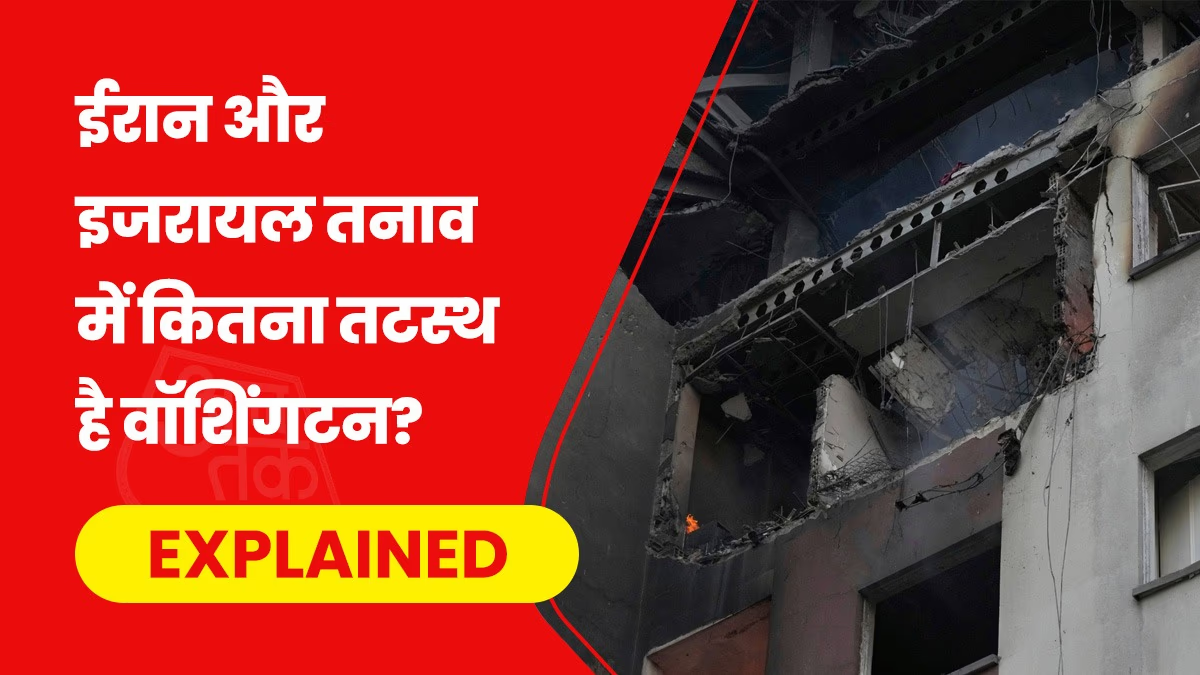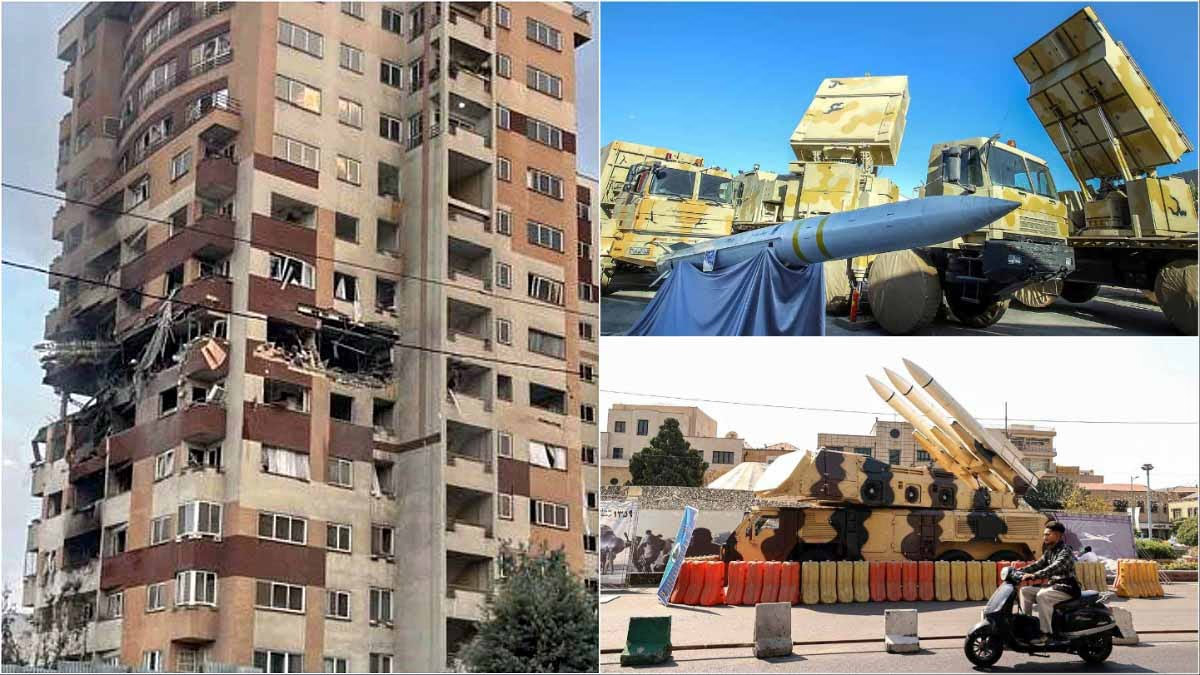On Friday, June 13th, hundreds of Israeli aircraft unleashed a massive bombing campaign over Tehran, Iran. This was a targeted attack, which included strikes on military installations as well as nuclear sites. Both countries have faced sporadic tension, but this time, they've plunged into open conflict, moving beyond shadow warfare. From Tel Aviv’s perspective, they are determined to prevent a nation like Iran from becoming a nuclear power. Meanwhile, Iran is also on the offensive against Tel Aviv. The U.S., however, seems not to be playing the role of mediator, but rather, its intentions appear different.
Current Events
Explosions rocked Tehran, the capital of Iran, at around 3:30 a.m. on Friday morning. Tel Aviv officially stated it had attacked dozens of Iranian military installations, including nuclear facilities. It is believed that Iran is very close to developing a nuclear bomb, which has been a long-standing concern for Israel and the U.S. Sanctions imposed by the U.S. had little effect in halting progress. Recently, Israel decided to target these nuclear sites directly.
According to Channel 12 from Tel Aviv, the attack claimed the lives of several high-ranking military officials, including senior nuclear scientists. In retaliation, Iran launched over 100 drones at Israel, which were intercepted and neutralized in flight. However, this is not the end. Tehran, infuriated by the loss of its nuclear scientists, has vowed to avenge each death.
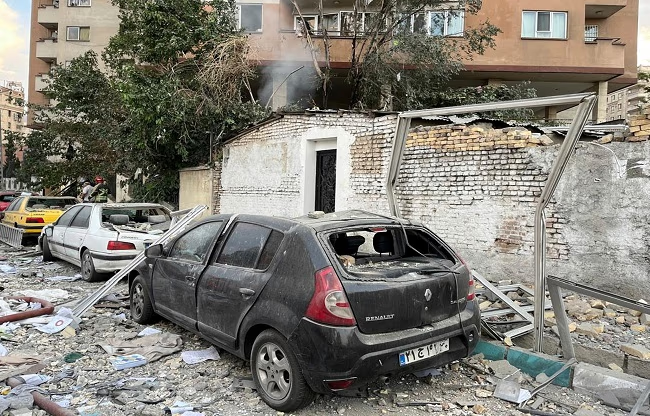
Source: aajtak
Triggers for Tel Aviv
The tension existed months prior. Iran's support for Hamas, aimed at undermining Israel, had already caused heated exchanges. Ultimately, new intelligence surfaced suggesting that Iran had amassed enough uranium to produce numerous nuclear bombs. A senior Israeli military official informed Reuters that Iran could potentially construct around 15 bombs in just a few days. Such a scenario posed an existential threat to the small nation of Israel, prompting immediate action.
On the other hand, Iran asserts it is not developing nuclear weapons, claiming Israel attacked without reasonable cause. Diplomacy had been underway, but Israel bypassed these efforts.
Were Diplomatic Efforts Failing?
Largely yes. America had imposed heavy sanctions to prevent Iran from progressing towards nuclear bombs. Distressed by economic restrictions, Tehran finally agreed to negotiate. Agreements to lift some sanctions emerged in 2015. However, during Donald Trump's presidency, these sanctions were reinstated, prompting Iran to double down on its nuclear ambitions.
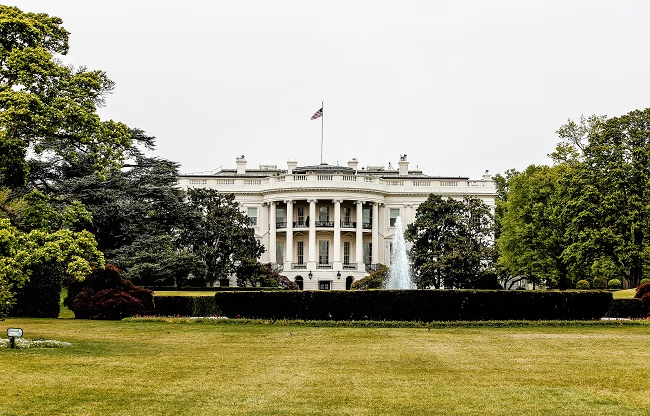
Source: aajtak
Conditions worsened after clashes between Hamas and Israel about a year and a half ago. Tel Aviv accused Tehran of covert support for Hamas, aiming to destabilize Israel. The brief skirmish paused, yet this month, nuclear deal discussions between the U.S. and Iran were scheduled, but recent attacks suggest these talks may be over before they even started.
Reasons Behind the Stalled Efforts
- The U.S. fears Iran is surreptitiously developing weapons, while Iran suspects the U.S. and its allies, especially Israel, are merely stalling with intentions of launching an attack later. - Concerns in the U.S. and Israel revolve around the belief that Iran has the breakout capacity to produce nuclear weapons swiftly. - Trump's administration took an aggressive stance toward Iran; now, Iran harbors resentment and skepticism toward the new American administration. These dynamics have caused diplomatic talks to stagnate.
What is America Saying?
While Washington is a staunch ally of Israel, it claimed no involvement in the recent attacks. U.S. Secretary of State Marco Rubio explicitly stated that Israel acted independently against Iran. This declaration implies that the assault was solely Israel's military operation, without American participation. Yet, America's role usually falls under scrutiny in the Iran-Israel tensions.
Even though publicly distancing itself from the recent strikes, America actively pursues efforts to prevent Iran from becoming a nuclear power. This includes diplomacy, economic sanctions, and back-channel discussions, showing that it remains engaged, not just an impartial observer.
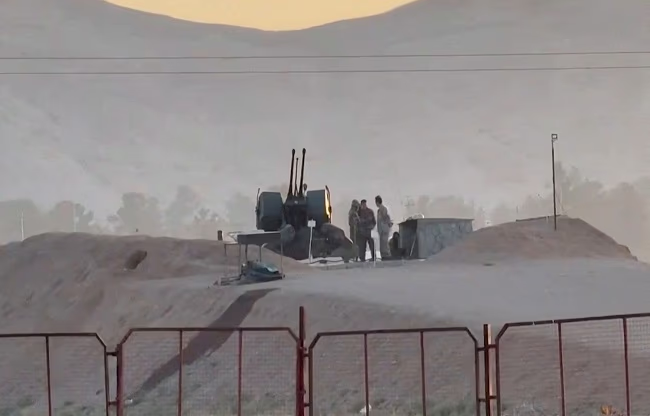
Source: aajtak
The Implications if Iran Achieves Nuclear Capability
Iran has vocally declared its belief that Israel is an illegitimate state and should be eradicated. A nuclear-armed Iran places Tel Aviv in jeopardy. The firm friendship between America and Israel makes it crucial to ensure this threat doesn't escalate further.
A nuclear Iran would likely inspire other Muslim-majority nations, such as Turkey and Saudi Arabia, to pursue nuclear development, destabilizing the entire Middle East. This destabilization could severely impact global trade.
The U.S. maintains multiple military bases and thousands of soldiers throughout the Middle East, notably in Iraq, Qatar, and Bahrain. Strengthened Iranian capabilities could pose a threat to these American installations.
Iran is heavily influenced by militant groups rather than democratic ideals, with active factions like Hezbollah. The possession of nuclear weapons by such entities poses significant risks to the U.S.
A Time of Friendship
Once fierce adversaries, Iran and Israel were once allies. From 1948 to 1979, under the leadership of Shah Mohammad Reza Pahlavi, the two nations enjoyed trade and diplomatic relations. Iran even recognized Israel as a formal state. Both nations perceived common threats from Arab nations and shared a strong alliance with America. However, the Islamic revolution in the late seventies drastically changed the landscape. Iran transformed into an Islamic Republic and began supporting anti-Israel factions, leading to the situation today, where nuclear ambitions heighten tensions between the countries.
